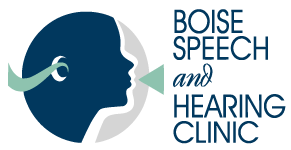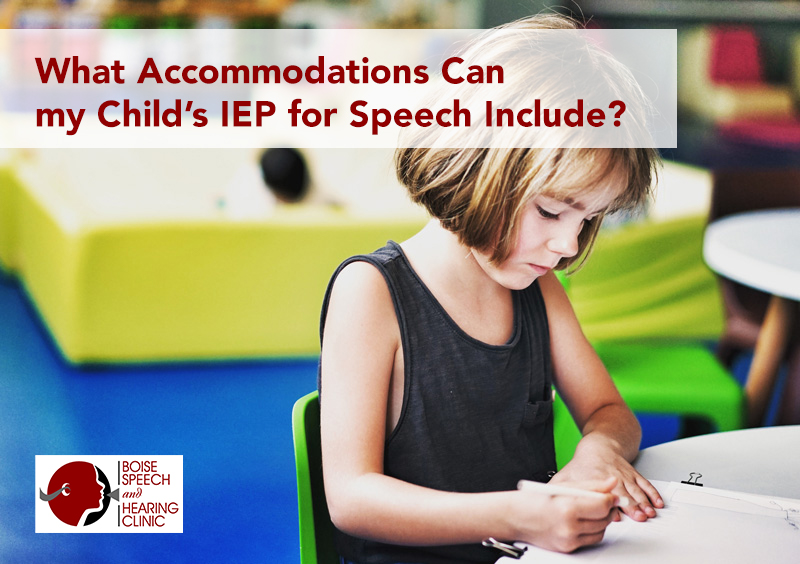Having your first or even your tenth IEP (Individual Education Plan) meeting can be stressful and confusing. There is a sense of relief that the appointment for the IEP has been scheduled and soon your child will start receiving the services and help he/she needs. You are so excited until you realize you have no idea what accommodations to ask for your child. Or maybe this article might be the first time you have heard you can ask for accommodations for your child. What do ask for? What can you ask for?
The IEP process is not a meeting where administrators, teachers, and SLP’s decide what your child needs. You, as a parent, are an integral part of the process and your input is just as significant as theirs. So preparation for the meeting is vital. We have compiled a list of common accommodations that you can request for your child. This is meant as a starting point, but as each child is unique so is each IEP.
Articulation Accommodations
• Familiar listener for testing
• Do not penalize for speech errors
• Allow the student to write answers instead of verbally answering
• Provide a private location for testing
• Substitute oral assignments
Language Accommodations
• Allow the student to write answers instead of verbally answering
• Modify the length of assignments
• Provide a private location for testing
• Allow use of adaptive technologies
• Provide a copy of class notes
• Allow extended time for assignments and tests
• Give spelling/vocabulary lists prior to beginning a new unit
• Use visual cues
• Repeat directs using different words.
Social Accommodations
• Visual schedules
• Allow opportunities to support appropriate social interactions
• Provide small group activities where possible.
Other Accommodations
• When working with multi-step projects, provide written directions to help guide them.
• Provide preferential or optimal seating.
• Be specific when giving directions.
If you are not sure if an accommodation is appropriate for your child, then either ask the Speech-Language Pathologists (SLP) prior to or even during the meeting. While not all parties always agree on accommodations, all parties want what is best for the child. If you feel a certain accommodation is vital for your child’s learning and growth, then be prepared to state examples as to why it will help them grow as a student. You are your child’s number one advocate.


